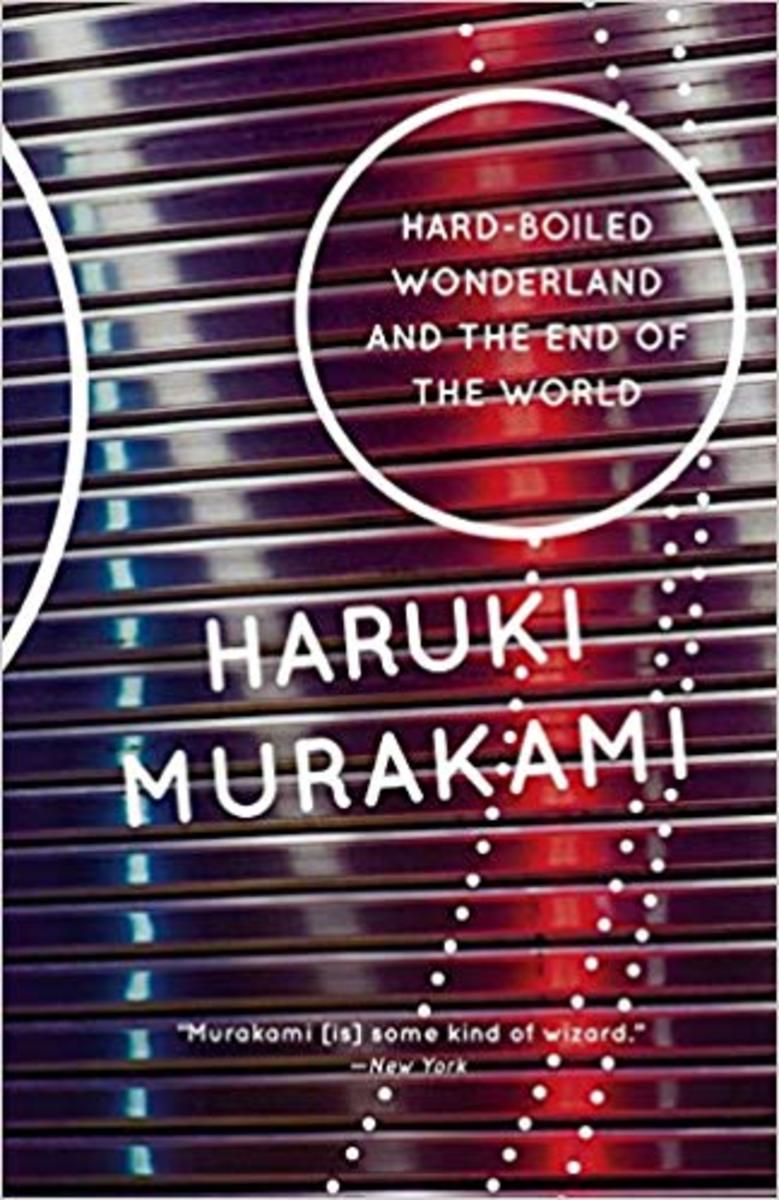

And then, finally, before playing a Boston concert I’d only arranged in order to do the interview, I find myself talking to Murakami over lunch in his apartment. I’m on my hands and knees in Japantown looking for the English student editions only published in Japan. I’m stranded in the middle of a blizzard with only a Murakami for company. I read more of his books-the two volume Norwegian Wood (1987: over four million passed the checkout in Japan alone), A Wild Sheep Chase (English translation published in 1989), Dance Dance Dance (this year’s follow-up) and The Elephant Vanishes (a short story collection)-and strange things happened. Man, you should see the reviews I read while preparing for the interview: “Nippon number-crunches,” “A delectable little sushi of a book,” “East meets West in this narrative noodle,” “No kimonos in sight. But most of all, it was the book’s Westernness that surprised me. The book was also very cool, like a Thomas Pynchon book is cool. It employs one of the most elegant literary devices I’ve read, without being at all self-conscious or pointless. Hard-Boiled turned out to be both a great read and a good book.

The cover was good, the blurbs commendable, but what really caught my attention was the list of the book’s components: “a split-brained data processor, a deranged scientist, his shockingly undemure granddaughter, Lauren Bacall, Bob Dylan. I saw Hard-Boiled Wonderland and The End of The World while I was browsing in San Francisco bookstores for a paperback to take on a plane.


 0 kommentar(er)
0 kommentar(er)
